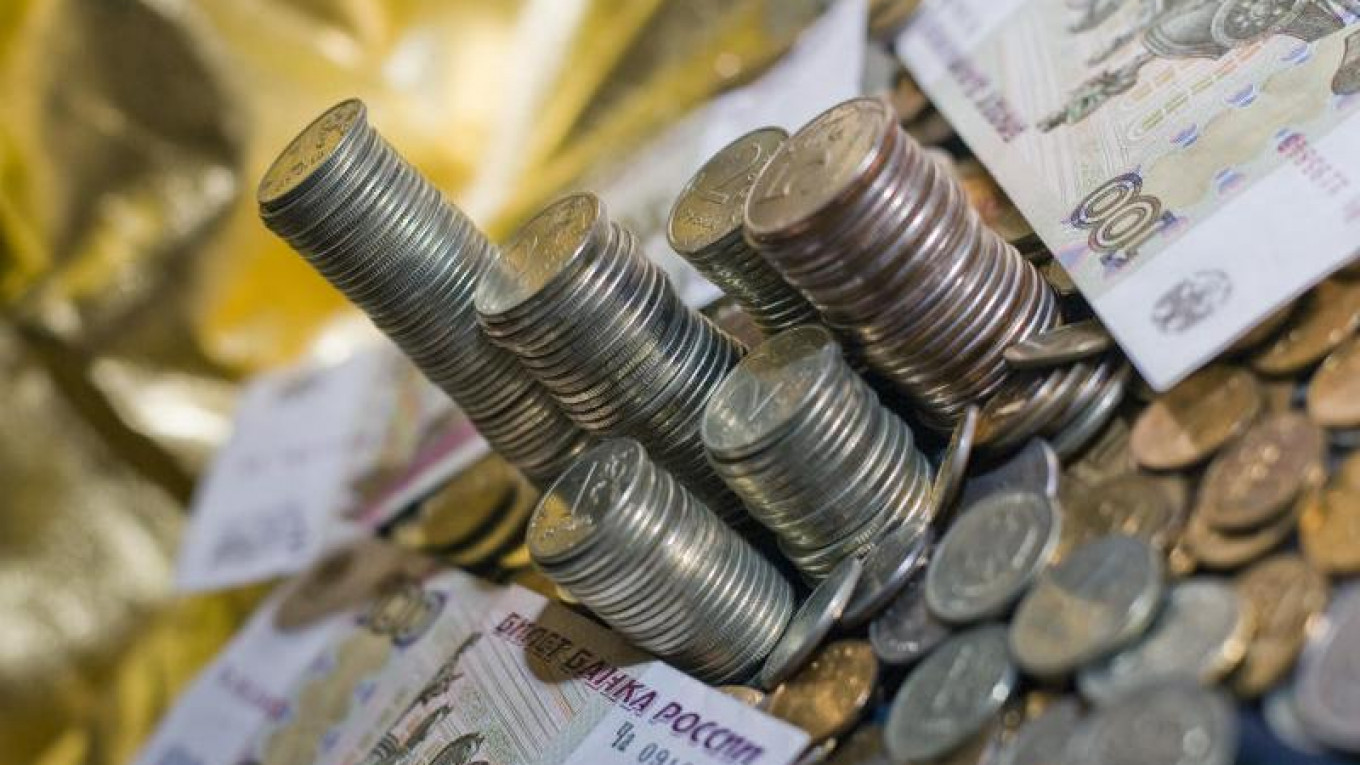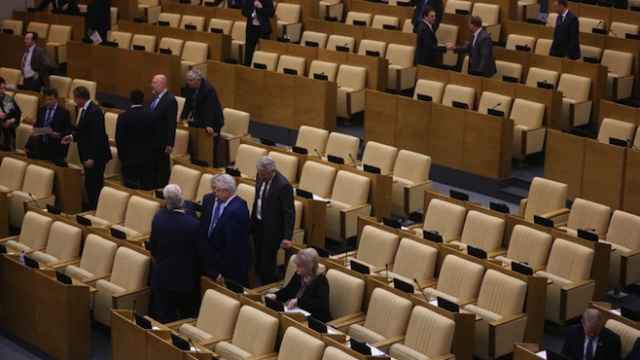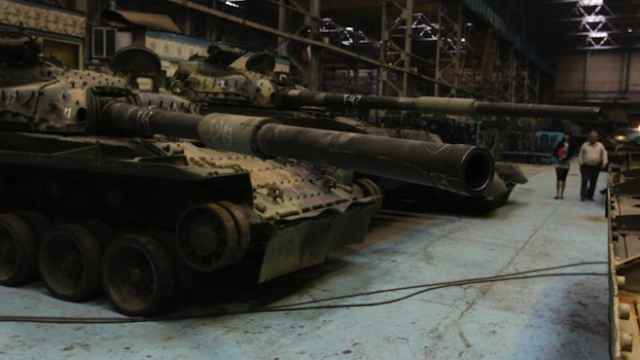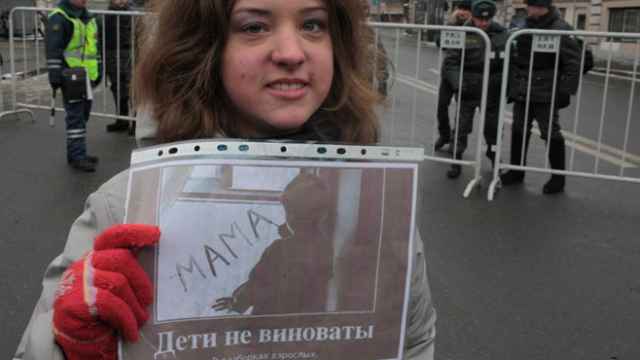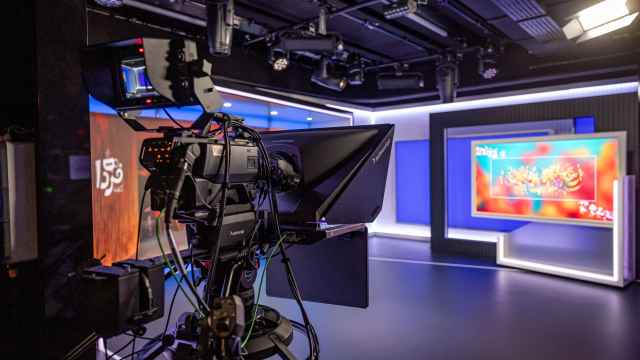Government spending on energy, sports, transportation and science are all to come under the spotlight as Russian Prime Minister Dmitry Medvedev begins to plan the country's budget until 2019, officials have reported.
Medvedev has previously stressed that the budget will assume both low commodity prices and continuing sanctions as a given, and that government spending will be coordinated with as yet undecided priority projects from the Presidential Council for Strategic Development.
The government previously approved a three-year spending freeze at 15.78 trillion rubles ($248 billion) in nominal terms. The amount is lower than adjusted spending in 2016 and represents a decline in real terms.
The government also approved a spending cap for state programs and non-program budget items for ministries to use while planning their budgets. Spending which has already been frozen in nominal terms can be cut by another 5 percent in 2017, said Finance Minister Anton Siluanov.
“This is the level of spending we can afford in the current situation while taking all risks into account,” said a Finance Ministry representative said. The Ministry has stressed to officials that the government can not raise the spending limit and that they would have to make proper use of the funds available.
“With this level of state funding, the future of many industries is already clear. The Prime Minister might personally support his ministers, but he admits that there isn’t any more money,” one federal official sighed. “The ‘monetarists’ in the government won and it is practically impossible to change that.”
According to current projections, funding for some state programs will decline in nominal terms. Funding for the state program to develop physical education and sports will be cut by more than half over the next three years, while funding for the development of Crimea will fall from 149.3 billion rubles ($2.4 billion) in 2016 to 65.98 billion rubles ($1 billion) in 2019. Classified state programs – mostly defense spending – will also see cuts of 15 percent over three years.
The Finance Ministry forecasts a deficit of 3.2 percent of GDP in 2017 and plans to reduce it by 1.1 percent annually thereafter. In addition to a spending freeze in nominal terms and further cuts to unprotected budgetary items, the Ministry proposes raising revenue through the dividends of state companies, improving tax administration, and reducing tax exemptions for oil companies and Gazprom.
The International Monetary Fund estimates that consolidation of the budget could result in savings of 12 percent of GDP over three years, with approximately one-third (4.2 percent of GDP) coming from increased revenues and approximately two-thirds (7.6 percent of GDP) from spending cuts.
Prior to the State Duma elections in September, officials will talk about looking for reserves or additional funds for social programs, but those will be just words. Immediately after elections, they will make spending cuts that will prove very unpopular.
Ministers have been trying to secure funding, said one federal official, but they already realize that any attempt is futile. “Everyone is walking in circles around the Finance Ministry like men loitering around a kiosk with a sign reading ‘out of beer,’” he said. “The answer to every question is: ‘There’s no more money.’”
A Message from The Moscow Times:
Dear readers,
We are facing unprecedented challenges. Russia's Prosecutor General's Office has designated The Moscow Times as an "undesirable" organization, criminalizing our work and putting our staff at risk of prosecution. This follows our earlier unjust labeling as a "foreign agent."
These actions are direct attempts to silence independent journalism in Russia. The authorities claim our work "discredits the decisions of the Russian leadership." We see things differently: we strive to provide accurate, unbiased reporting on Russia.
We, the journalists of The Moscow Times, refuse to be silenced. But to continue our work, we need your help.
Your support, no matter how small, makes a world of difference. If you can, please support us monthly starting from just $2. It's quick to set up, and every contribution makes a significant impact.
By supporting The Moscow Times, you're defending open, independent journalism in the face of repression. Thank you for standing with us.
Remind me later.


